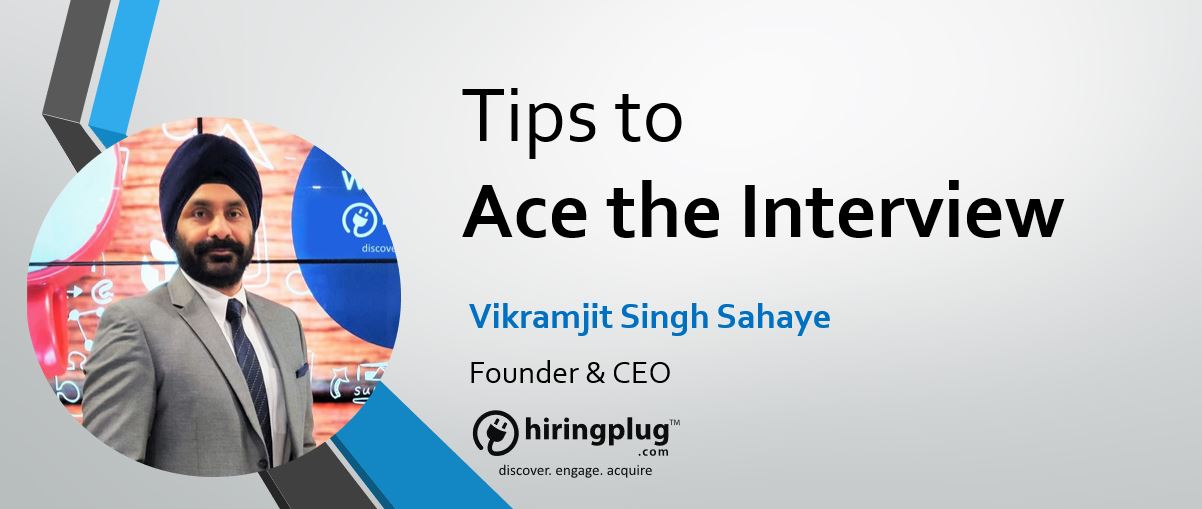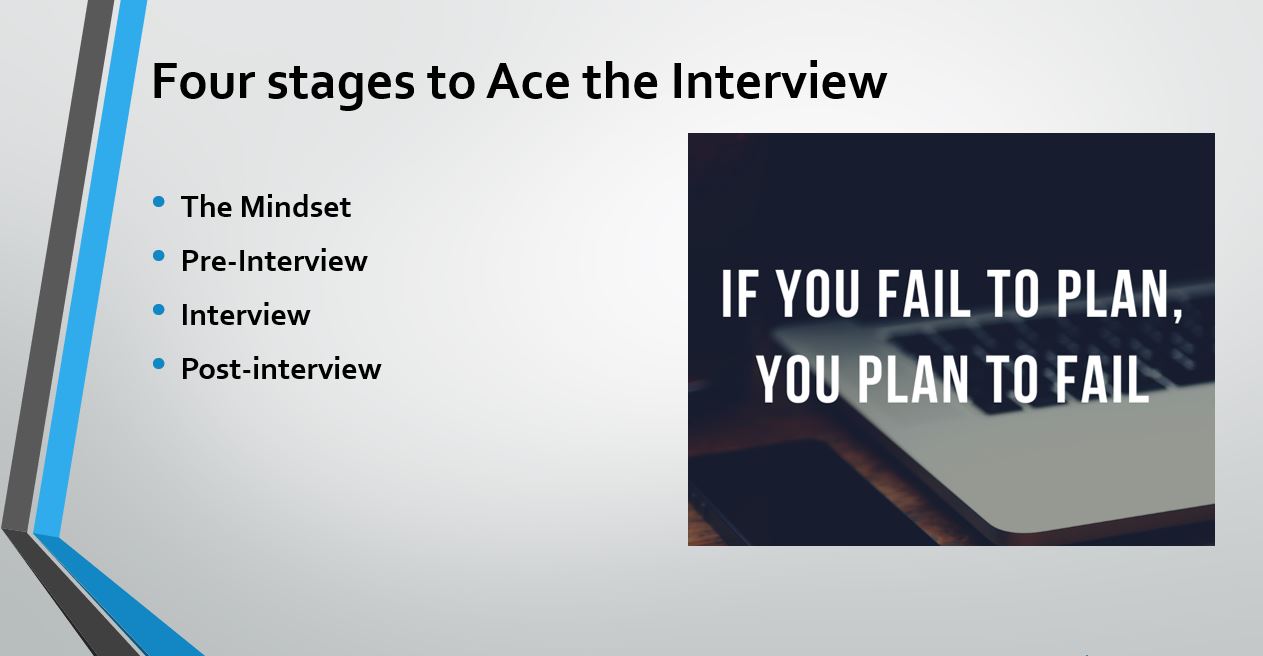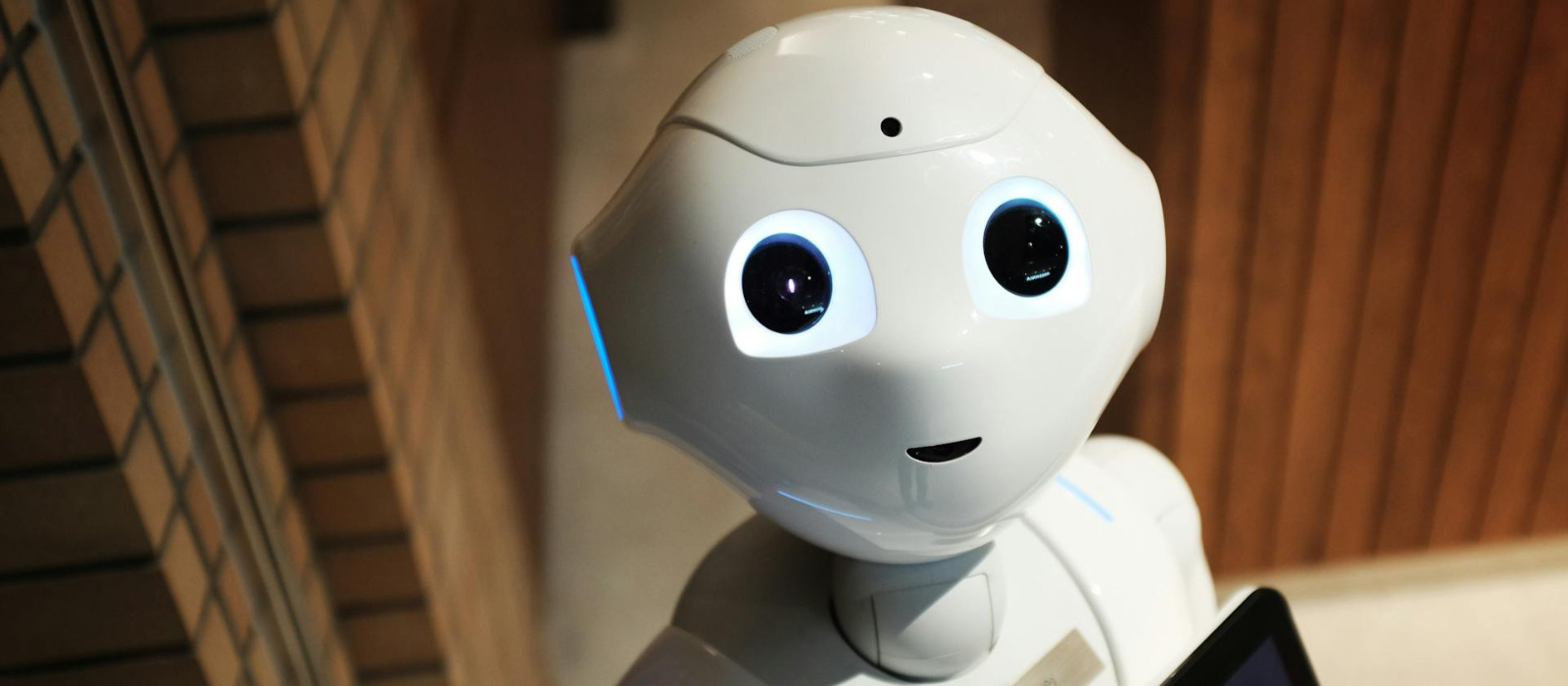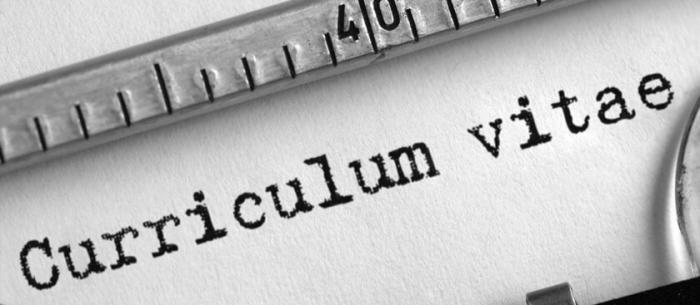Got an interview call? Congratulations! You've already have made it to the Top 20% applicants ㋡
Ask yourself: “Do you really need that job?” If the answer is "Oh yes!", it’s time to prepare yourself to ace the interview.
This 5-minute read, will significantly increase your chances to Interview success. It’s prepared by the author's 20+ years of cross-industry, multi-functional experience of hiring thousands of managers and based on keen insights of what interviewers really expect from a great candidate.
The Four stages to Interview success
Let’s jump right into it.
Despite all the possible reasons of failure that pass your mind, you must ask yourself “Why not?”
- What are you afraid of? Poor communication? Body-language? Don’t have enough knowledge of the role? Don’t know what to wear? Be true to yourself, acknowledge your latent apprehensions and start working on them.
- Be comfortable. “You're unique, just like everyone else!” and the employers are scouting for that uniqueness in you.
- Remember to Give it your best shot! And have No time for regrets.
2. Pre-Interview stage
- Research all about the Company, the Role, even the Interviewer, Industry News & trends. This will not only equip you with vital insights, but also give an edge to initiate & hold conversations.
- Study about the Company’s Culture, its differentiation from competitors. It helps you know their strategic & cultural DNA and answer an important question “What do you know about our company?”
- Prepare stories on how your skillsets match the role. Saying that you are “Confident”, “Organized”, “Persuasive” etc. means nothing, unless supported by a micro-story on how you’ve demonstrated it in your past.
- Start early! This means that you Reach early by 20 – 30 minutes or by 15 minutes if it’s an Online interview to make sure you’ve tested all equipment and are comfortable with the surroundings. This helps you catch your breath, compose yourself and be perceived to be a serious candidate. In many cases, you can be called in early by a few minutes and make that impression.
- Dress well, but Don't overdress. Visual impression is particularly important. Formal to Semi-formal attire is optimal, unless you’ve been specifically asked to come in Casuals. If you’re ever confused, go with formals. But Don’t overdo anything, it’s not a party. No loud make up, glitter or strong perfumes are necessary.
- Practice! Practice! Practice!
3. 3. The Interview stage
- Reached early? Ensure to have a professional & courteous approach across all touch-points. This includes the Receptionist, house-keeping staff, the guy who gave directions, everybody. They might just be Influencers.
- Body language & Etiquettes: 93 percent of communication is non-verbal. It’s important to maintain eye contact, make a firm handshake, wait to be seated and sit appropriately with a pleasant demeanor.
- Everybody knows you’re busy and may own the latest iPhone. Just Switch it off and give your complete attention.
- Be minimalistic: Just keep a notepad & pen ready along with a crisp copy of your CV. Avoid carrying extra items in the interview room.
Q. “So, tell us about yourself?” is not a question to know about your childhood crush ㋡
This is to really check your relevancy and more importantly how you answer open ended questions. So, be precise and begin by talking about your most relevant experience.
Q. “What are your strengths?” Don’t just mention keywords but share demonstrative stories to make them believe you.
Q. “Why should we hire you?” This is where your research helps, and you talk about alignment of the role to your skills and aspirations.
- Ask questions, when given a chance. Intelligent, research based are best.
- Don't crib about the past. Even if you had a bad boss. Employers actually start relating it with their own environment and judge how you would bad mouth them.
- Avoid proactive Salary discussion. We’re all here for a good compensation but bring it up only when the time is right.
- On being asked pointed questions “Why did you score so low?” or “Why is there such a long break in service?” It’s important to give brief, realistic & genuine reasons. They will understand and empathize if you sound believable.
Q. This is a very tricky one ㋡ : “What are your weaknesses?”
Mentioning them can ruin your chances while not having any weakness reflects arrogance and lack of self-knowledge. So, talk about a weakness but definitely mention how you’ve worked around it.
- Make a Closing statement, reiterating your skills and interest.
- It’s always good to enquire about the next steps.
4. Post-interview stage
- Send a “Thank you” note within 24 hours. An email or even a simple message, thanking for their valuable time and how you’re excited to pursue it.
- You may Follow-up in next 2-3 days but not too aggressively.
- If moved to the Next step - Be prompt and give your 100% (Revisit the above steps).
- If your candidature is declined - Gracefully accept it. You may enquire about the gaps to help you improve yourself and always maintain a good character. It’s not uncommon that many candidates decline an offer, forcing employers to look at the next best options. Most importantly remember that it’s a small world! ㋡
 These are excerpts of a Live online session by Vikramjit Singh Sahaye, Founder & CEO at hiringplug.com, held on 14th May 2020 to a group of young entrepreneurs & job aspirants at “Youngsters Entrepreneurs Nexus”
These are excerpts of a Live online session by Vikramjit Singh Sahaye, Founder & CEO at hiringplug.com, held on 14th May 2020 to a group of young entrepreneurs & job aspirants at “Youngsters Entrepreneurs Nexus”
Hey there !
Author Details
Related Blogs
Popular Tags
Subscribe Now









